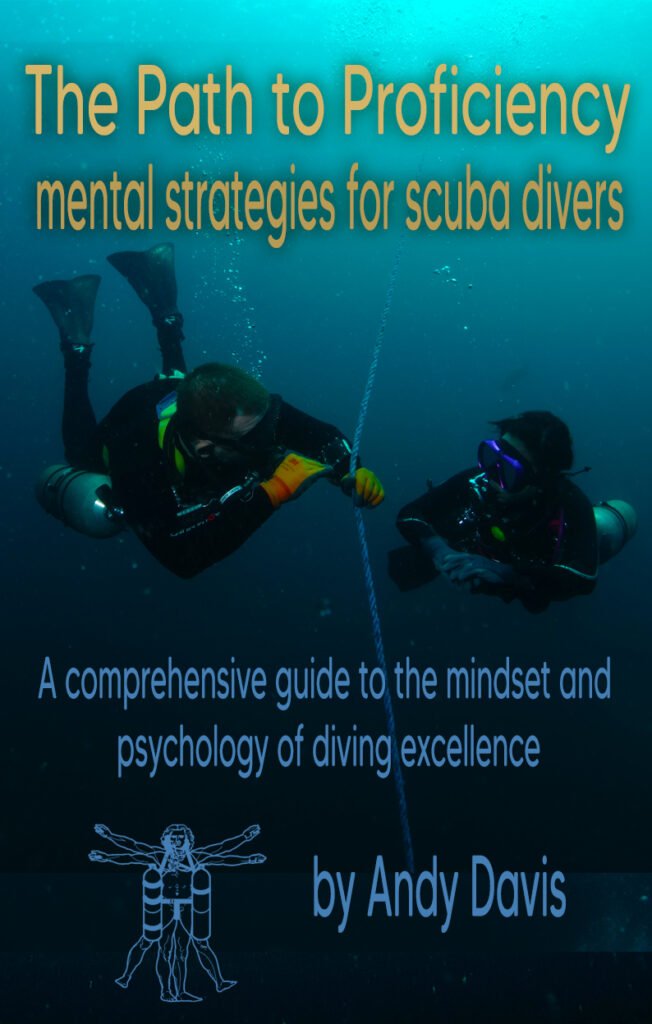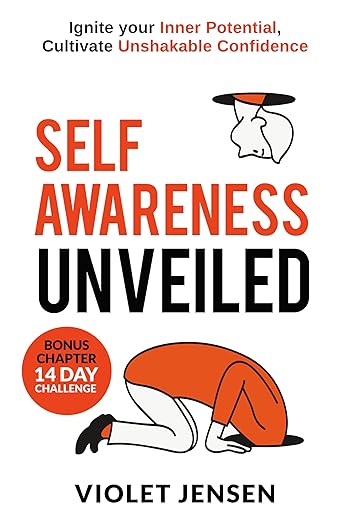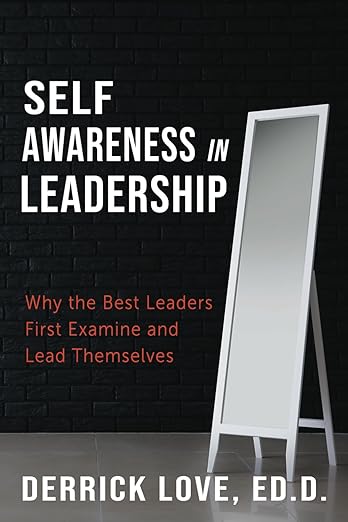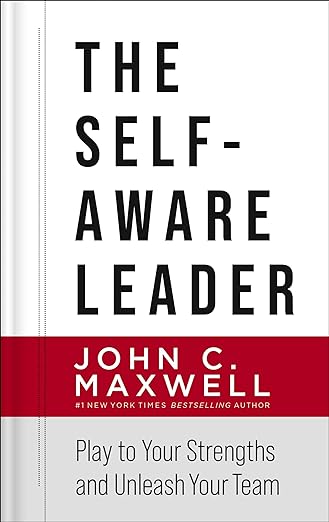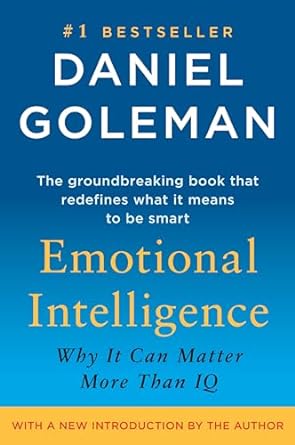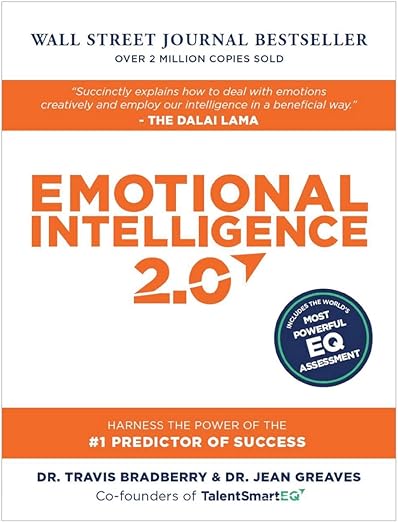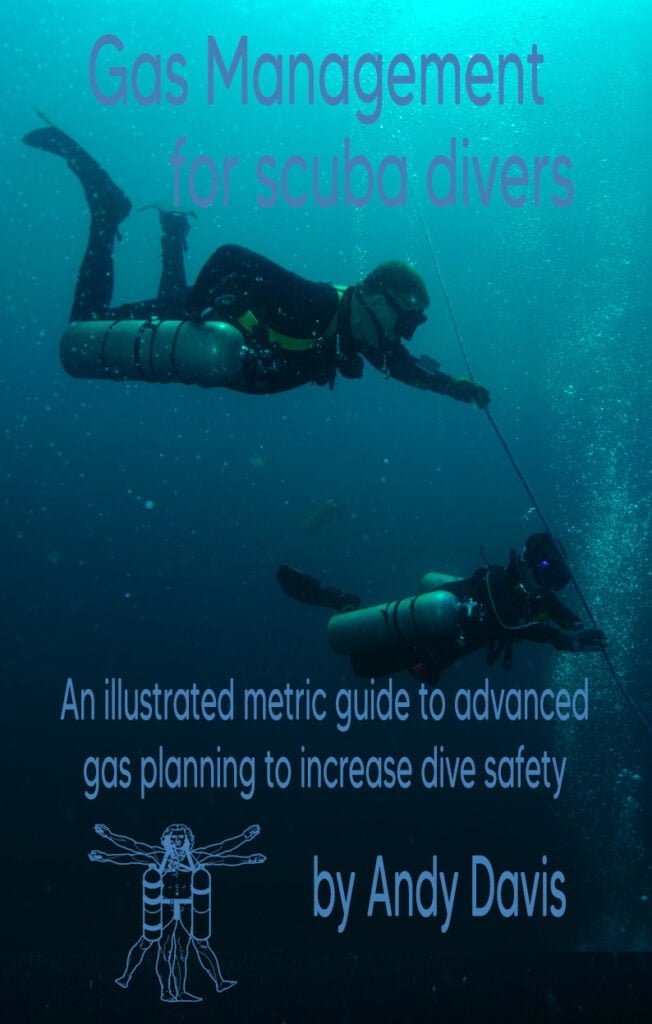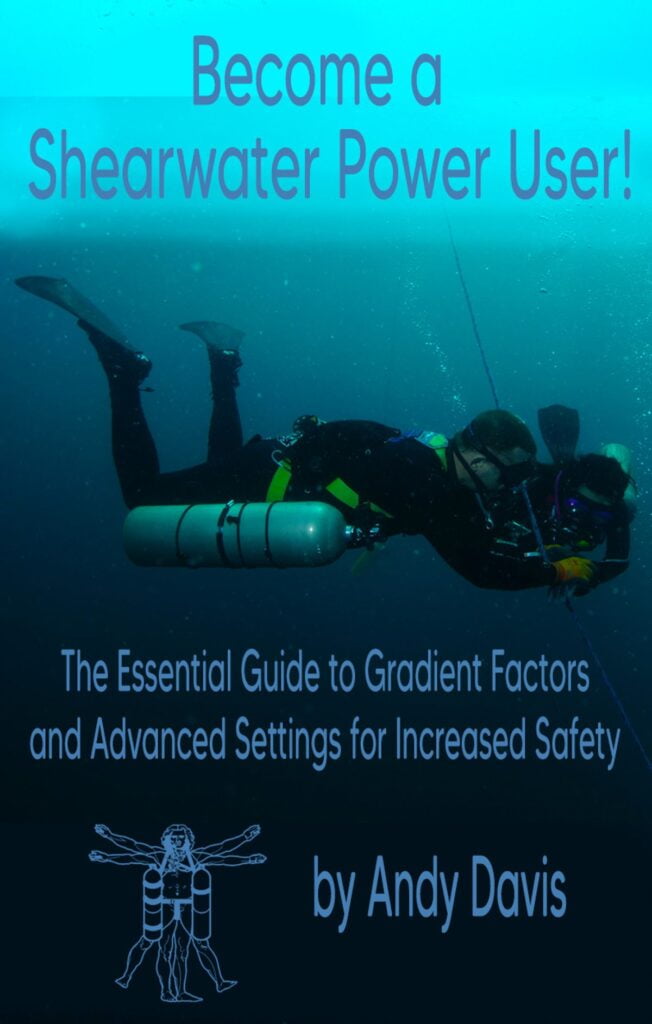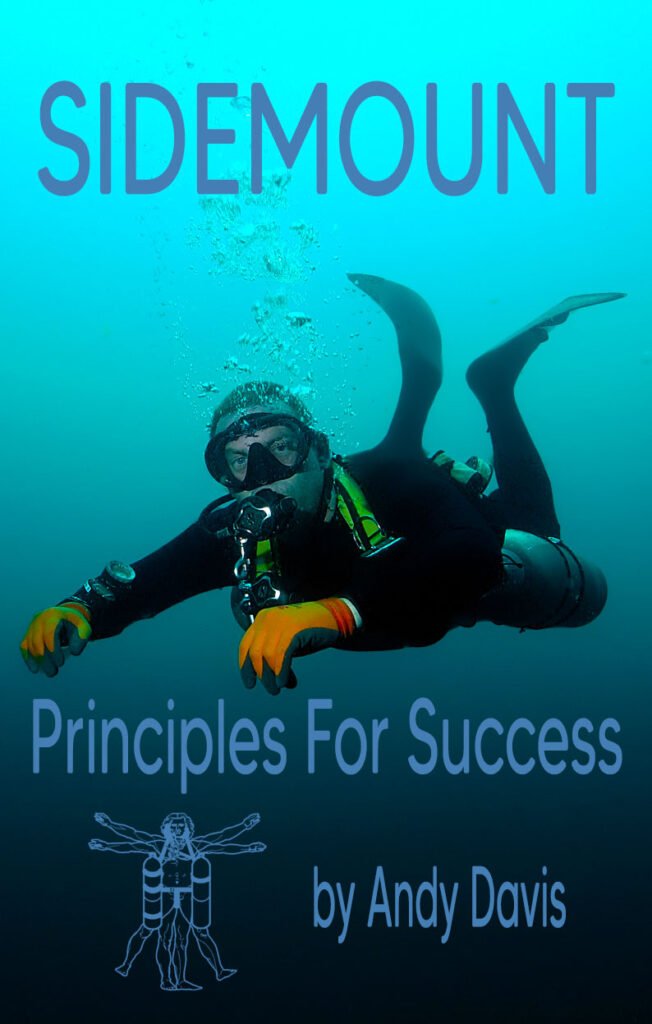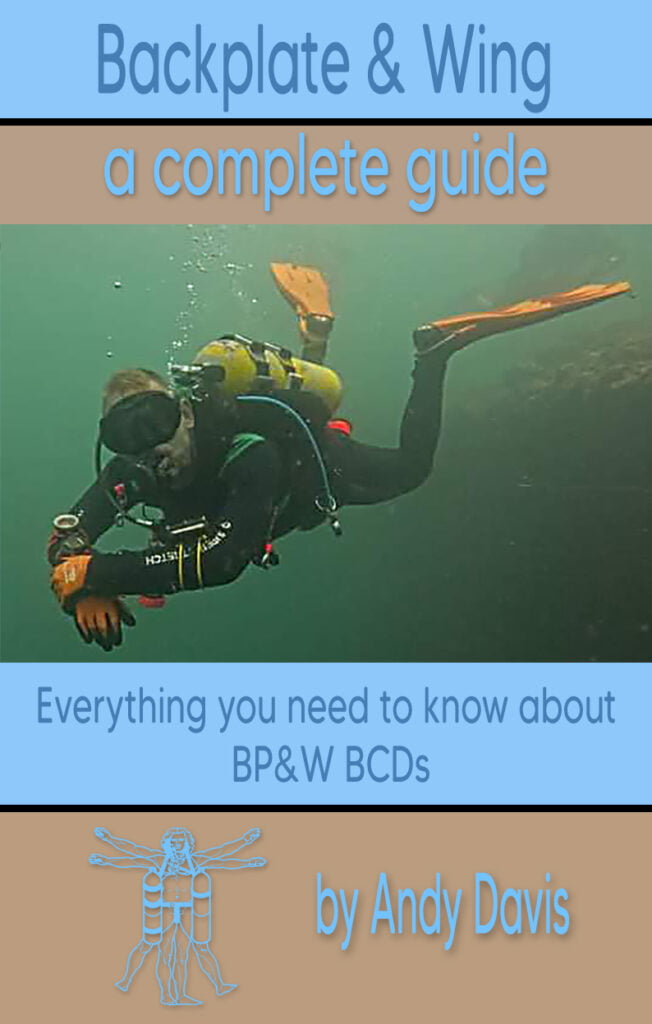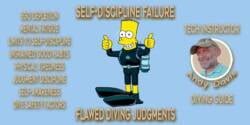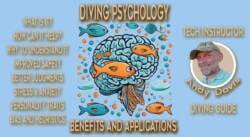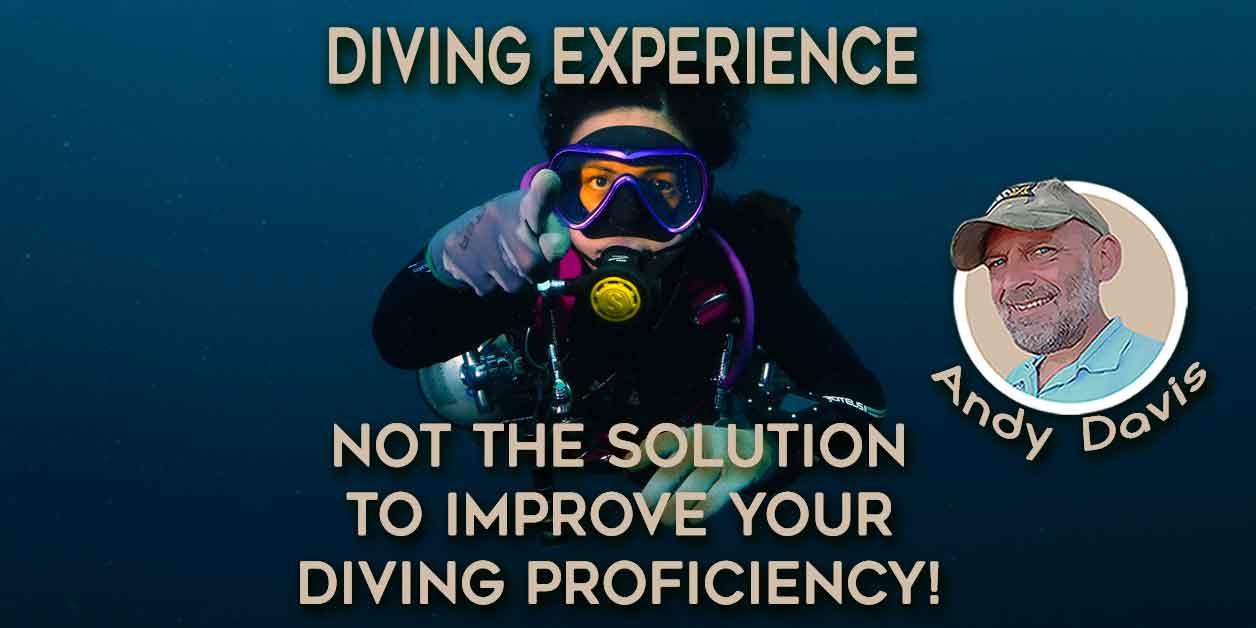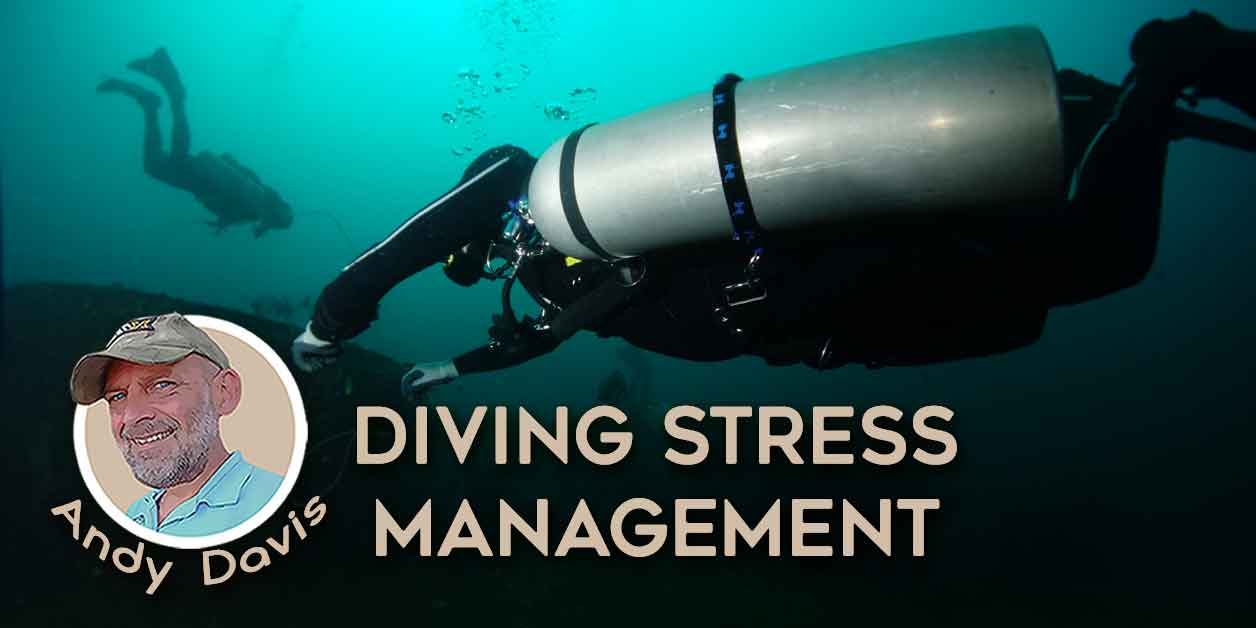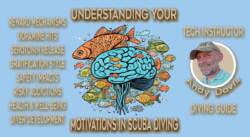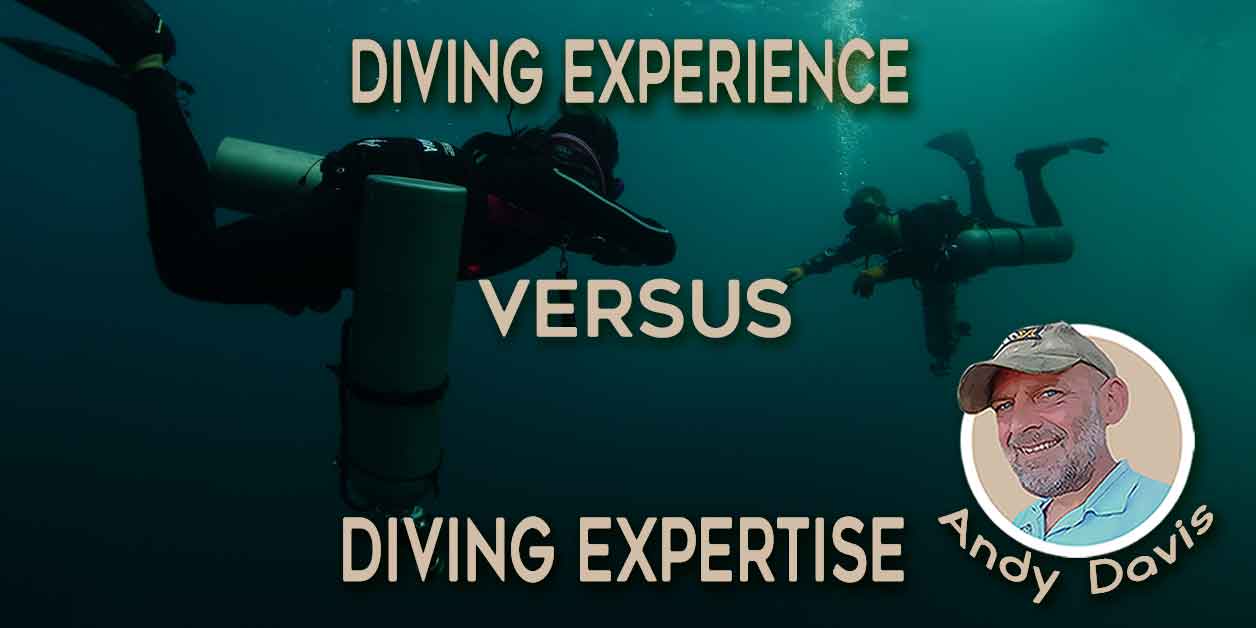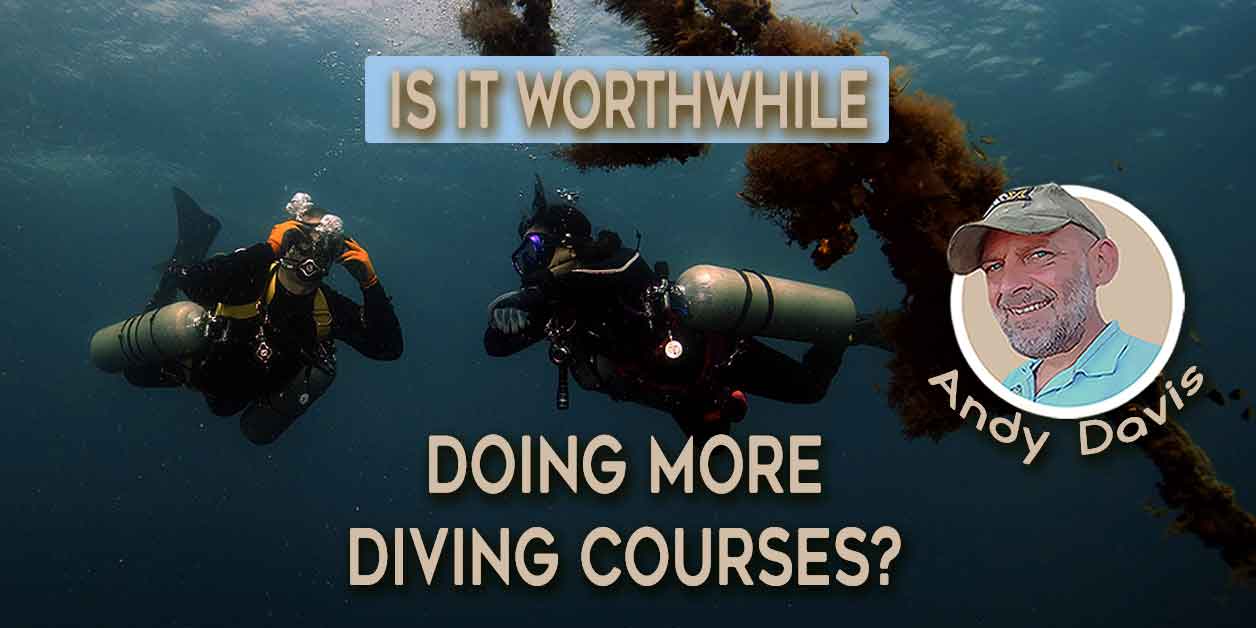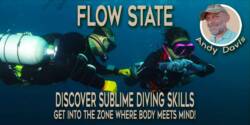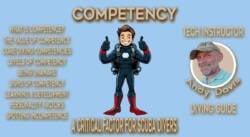The Important Role of Emotional Intelligence & Self-Awareness in Diver Development
Scuba divers tend to fixate on acquiring technical skills and knowledge as the sole factor determining their competency development. However, another critical aspect often overlooked is emotional intelligence (EI) and self-awareness.
These attributes significantly impact a diver’s ability to improve their competency and effectively manage risks underwater.
In this article I will explain the relationship between emotional intelligence, self-awareness, and safe diving.
- Emotional intelligence and self-awareness are critical for enhancing diver competency and risk management.
- Technical skills alone are insufficient; emotional and self-assessment skills play a crucial role.
- Effective emotional intelligence and self-awareness are essential for enhancing diving competency and risk management.
- Divers should actively develop these skills through feedback, reflection, and professional guidance.
- Improved emotional intelligence and self-awareness lead to better performance and safety.
- Emphasizing these attributes results in more competent, confident, and safe divers.
- Investing in emotional intelligence and self-awareness development is crucial for a fulfilling dive experience.
- Understanding and developing these skills can significantly improve diver safety and performance.
Understanding Emotional Intelligence and Self-Awareness
Emotional Intelligence (EI) in Diving
Emotional intelligence involves the ability to perceive, understand, manage, and use emotions effectively. Emotional intelligence enhances the developmental potential of scuba divers.
However, when emotional intelligence is deficient, the diver can remain fundamentally flawed regardless of how much training and experience they acquire.
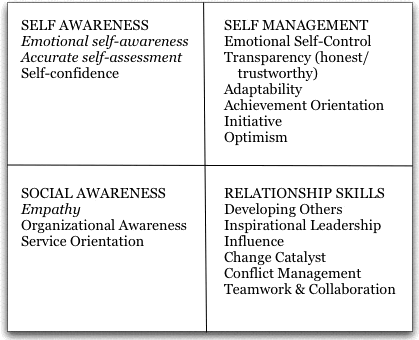
High emotional intelligence allows divers to view themselves, and their abilities, accurately and honestly.
- Emotional intelligence involves perceiving, understanding, managing, and using emotions effectively.
- High emotional intelligence enhances a diver’s ability to learn from beneficial feedback and the experience they gain.
- Low emotional intelligence can enable divers to reject useful critique, fail to acknowledge their limitations, and miss important lessons from their diving experience.
The Role of Self-Awareness
Self-awareness is the ability to accurately assess one’s own abilities and performance.
For divers, this means recognizing their strengths and weaknesses, understanding their emotional responses, and being aware of how their true competency relates to the challenges of the dives they undertake.
Self-awareness is crucial for continuous improvement and effective risk management in scuba diving.
- Self-awareness enables accurate self-assessment of dive skills and performance.
- Recognizing strengths and weaknesses is key for continuous improvement.
- Understanding emotional responses helps in managing underwater challenges.
- Awareness of personal perceptions by others aids in effective teamwork.
- Self-awareness is foundational for effective risk management in scuba diving.
Overestimating Competence: The Dunning-Kruger Effect
Studies have shown that individuals with lower skill levels often overestimate their abilities, a phenomenon known as the Dunning-Kruger effect.
The Double Curse of Incompetence
This cognitive bias is problematic for divers, where overestimating one’s skills can lead to dangerous situations. Incompetent divers tend to misjudge their capability to handle challenging dives, leading to poor decision-making and increased risk.
- Less skilled individuals often overestimate their abilities, known as the Dunning-Kruger effect.
- Overestimating one’s dive skills can lead to dangerous situations.
- Incompetent divers may misjudge their ability to handle challenging dives.
- Poor decision-making is frequently a consequence of the Dunning-Kruger effect in scuba divers.
- Recognizing this cognitive bias is essential for safe diving practices.
The Concept of Expedient Escape
Expedient escape is a psychological mechanism where individuals avoid accepting negative feedback about their performance. This avoidance allows them to protect their self-esteem and avoid the discomfort associated with acknowledging and addressing their deficiencies.
This behavior can lead to unsafe diving practices, as divers may not recognize or admit their need for improvement.
Low Emotional Intelligence and Self-Awareness as Catalysts
Expedient escape is often a product of low emotional intelligence and self-awareness. Divers with low emotional intelligence and self-awareness may:
- Dismiss Feedback Accuracy: Question the validity of feedback with thoughts like, “This feedback can’t be true” or “This isn’t a good test of my abilities.” This denial prevents them from recognizing their real performance levels.
- Dispute Feedback Relevance: Minimize the importance of feedback by thinking, “The scores may be true, but this doesn’t matter” or “This attribute is silly.” This undermining allows them to avoid facing their deficiencies.
- Preserve Positive Self-View: To protect their ego, they avoid confronting their shortcomings, maintaining an inaccurate but positive self-image.
Linking Expedient Escape to the Dunning-Kruger Effect
The Dunning-Kruger effect describes how individuals with lower skill levels tend to overestimate their abilities, whilst expedient escape describes how accurate critique can be denied.
This combination of two cognitive biases creates a “double curse”: divers may not only be incompetent and unaware, but they may also resist and deny the feedback necessary to correct their misunderstanding.
Purchase my exclusive ebook!
A comprehensive guide to the mindset and psychology of diving excellence.
$20 Printable PDF Format, 298 pages
Why Some Divers Remain Trapped at the Dunning-Kruger Peak
Many people wrongly presume that the Dunning-Kruger effect is automatically overcome through more training and experience. However, this belief overlooks how expedient escape behaviors can obstruct this process.
Despite accumulating training, some divers remain unable to accurately assess their skills because they avoid or dismiss critical feedback essential for their development.
Expedient escape prevents divers from absorbing necessary feedback from peers and instructors, which is crucial for growth.
By questioning the validity or relevance of negative feedback, these divers protect their self-esteem but fail to recognize and address their deficiencies.
Consequently, their overconfidence persists, and their skill development stagnates, regardless of the amount of training they receive.
- Many assume the Dunning-Kruger effect fades with more training and experience.
- Expedient escape is a barrier to this process.
- Despite accumulating training, some divers struggle to assess their skills accurately.
- These divers fail to absorb necessary feedback from peers and instructors.
- Discounting the validity of feedback perpetuates overconfidence and hinders competency development.
Expedient Escape and Dive Training Methodologies
Common training methodologies, such as the ‘compliment sandwich‘ concept taught to many dive instructors, can sometimes provoke and enable expedient escape:
- The Compliment Sandwich: A feedback method involving starting with positive feedback, providing constructive criticism, and ending with more positive comments.
- Reducing Defensiveness: The intent is to make negative feedback more palatable, reducing the likelihood of defensiveness and keeping the morale of students high.
- Mixed Messages: However, this approach can sometimes enable expedient escape by allowing divers to focus more on the positive feedback and downplay the constructive criticism sandwiched in between.
- Feedback Acceptance: Divers may selectively accept the praise and dismiss the critique, maintaining their inflated self-assessment and avoiding necessary improvements.
- Counter-Productive Compliment Sandwiches: Instructors need to use this feedback method selectively and sparingly. Whilst it may help under-confident divers, it can seriously degrade the effectiveness of feedback to over-confident students.
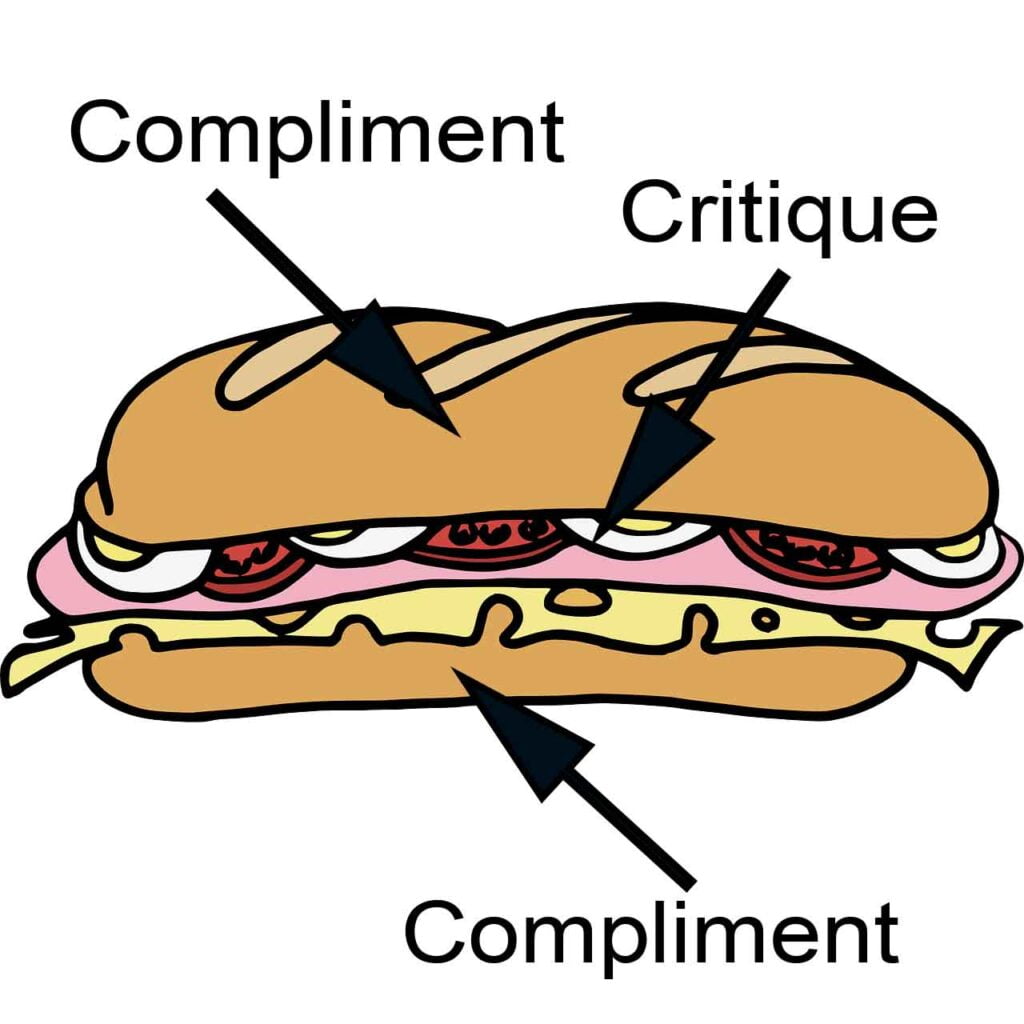
Overcoming Emotional Intelligence Barriers to Development
To address expedient escape and enhance safety and competency in diving:
- Embrace Feedback: Divers should view feedback as a valuable tool for growth rather than a threat to their self-esteem.
- Develop Self-Awareness: Regular self-reflection and honest assessments of your skills are crucial for identifying areas for improvement.
- Critique Experience: Experience is valueless if you don’t learn from it. When things don’t go to plan, critique your failures rather than applaud what you did well.
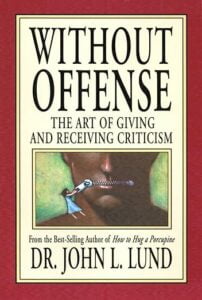
When given concrete feedback, low performers disparaged either the accuracy or the relevance of that feedback, depending on how expediently they could do so.
Consequently, they expressed more reluctance than top performers to pursue various paths to self-improvement, including purchasing a book on emotional intelligence or paying for professional coaching.
Paradoxically, it was top performers who indicated a stronger desire to improve their emotional intelligence following feedback.
Emotionally Unskilled, Unaware, and Uninterested in Learning More: Reactions to Feedback About Deficits in Emotional Intelligence
Enhancing Diving Competency through Emotional Intelligence and Self-Awareness
Constructive feedback is vital for divers to improve their skills and safety practices. However, divers must be open to receiving and acting on feedback.
The Importance of Feedback
Developing self-awareness helps divers accurately assess their performance and embrace feedback as a tool for growth.
- Constructive feedback is vital for skill and safety improvement in your scuba diving.
- Self-awareness helps divers accurately assess and embrace feedback.
- Feedback should be viewed as a tool for personal growth.
- Effective feedback acceptance enhances dive skill competency.
- Regular feedback sessions can identify and address skill gaps.
Strategies for Emotional Intelligence Improvement
- Professional Coaching: Engaging with a dive instructor or coach who can provide objective assessments and tailored guidance.
- Peer Feedback: Encouraging feedback critique from your dive buddies or team to provide different perspectives and highlight blind spots in one’s performance.
- Reflective Practice: Regularly reflecting on dive experiences with a strong emphasis on identifying failures and areas for improvement allows beneficial lessons to be learned.
Effective Risk Management through Emotional Intelligence
Emotional intelligence helps divers recognize and manage their emotional triggers, such as anxiety or overconfidence, which can impair judgment.
Recognizing Emotional Triggers
By understanding their emotional responses, divers can better prepare for and mitigate the judgment failure and risks associated with these triggers.
- High emotional intelligence helps identify and manage emotional triggers like anxiety, egotism, or overconfidence.
- Understanding emotional responses enables the diver to develop more effectively and exhibit safer behavior when scuba diving.
- Improving emotional management reduces the likelihood of impaired judgment.
- Learning to recognize one’s emotional triggers is the first step toward effective risk management and safe diving.
The Need For Emotional Intelligence and Self-Awareness as a Diver
In conclusion, emotional intelligence and self-awareness are indispensable pillars of diver development, significantly impacting competency and risk management in diving.
While technical skills are crucial, they are incomplete without a strong foundation in emotional and self-assessment abilities. Effective emotional intelligence and self-awareness not only enhance a diver’s developmental performance, they also contribute to overall safety underwater.
Divers should aspire to actively cultivate these skills through various means, including seeking feedback, engaging in reflective practices, and seeking professional guidance.
Key Points on Emotional Intelligence and Diving:
- Emotional intelligence and self-awareness are essential for enhancing scuba diving competency and risk management.
- Technical skills alone are insufficient; emotional and self-assessment skills play a crucial role.
- Divers should actively develop these skills through feedback, reflection, and professional guidance.
- Improved emotional intelligence and self-awareness lead to better performance and safety.
- Emphasizing these attributes results in more competent, confident, and safe divers.
- Investing in emotional intelligence and self-awareness development is crucial for a fulfilling dive experience.
- Understanding and developing these skills can significantly improve diver safety and performance.
About The Author

Andy Davis is a RAID, PADI TecRec, ANDI, BSAC, and SSI-qualified independent technical diving instructor who specializes in teaching sidemount, trimix, and advanced wreck diving courses.
Currently residing in Subic Bay, Philippines; he has amassed more than 10,000 open-circuit and CCR dives over three decades of challenging diving across the globe.
Andy has published numerous diving magazine articles and designed advanced certification courses for several dive training agencies, He regularly tests and reviews new dive gear for scuba equipment manufacturers. Andy is currently writing a series of advanced diving books and creating a range of tech diving clothing and accessories.
Prior to becoming a professional technical diving educator in 2006, Andy was a commissioned officer in the Royal Air Force and has served in Iraq, Afghanistan, Belize, and Cyprus.
In 2023, Andy was named in the “Who’s Who of Sidemount” list by GUE InDepth Magazine.
Purchase my exclusive diving ebooks!
References:
- Sheldon, O. J., Dunning, D., & Ames, D. R. (2014). Emotionally unskilled, unaware, and uninterested in learning more: Reactions to feedback about deficits in emotional intelligence. Journal of Applied Psychology, 99(1), 125–37. https://doi.org/10.1037/a0034138
- Ashford, S. J., & Tsui, A. S. (1991). Self-regulation for managerial effectiveness: The role of active feedback-seeking. Academy of Management Journal, 34, 251–280. doi:10.2307/256442
- Brackett, M. A., Rivers, S. E., & Salovey, P. (2011). Emotional intelligence: Implications for personal, social, academic, and workplace success. Social and Personality Psychology Compass, 5, 88 –103. doi:10.1111/j.1751-9004.2010.00334.x
- Church, A. H. (1997). Managerial self-awareness in high-performing individuals in organizations. Journal of Applied Psychology, 82, 281–292.doi:10.1037/0021-9010.82.2.281
- Dunning, D. (2005). Self-insight: Roadblocks and detours on the path to knowing thyself. New York, NY: Psychology Press. doi:10.4324/9780203337998
- Dunning, D. (2011). The Dunning-Kruger effect: On being ignorant of one’s own ignorance. In J. Olson & M. P. Zanna (Eds.), Advances in experimental social psychology (Vol. 44, pp. 247–296). New York, NY:Elsevier.
- Dunning, D. (in press). The problem of recognizing one’s own incompetence: Implications for self-assessment and development in the workplace. In S. Highhouse, R. S. Dalal, & E. Salas (Eds.), Judgment and decision making at work. New York, NY: Psychology Press.
- Dunning, D., Heath, C., & Suls, J. (2004). Flawed self-assessment: Implications for health, education, and the workplace. Psychological Science in the Public Interest, 5, 69 –106. doi:10.1111/j.1529-1006.2004.00018.x
- Dunning, D., Johnson, K., Ehrlinger, J., & Kruger, J. (2003). Why people fail to recognize their own incompetence. Current Directions in Psychological Science, 12, 83– 87. doi:10.1111/1467-8721.01235
- Ferraro, P. J. (2010). Know thyself: Competence and self-awareness. Atlantic Economic Journal, 38, 183–196. doi:10.1007/s11293-010-9226-2
- Krueger, J., & Mueller, R. A. (2002). Unskilled, unaware, or both? The contribution of social-perceptual skills and statistical regression to self-enhancement biases. Journal of Personality and Social Psychology, 82,180 –188. doi:10.1037/0022-3514.82.2.180
- Kruger, J., & Dunning, D. (1999). Unskilled and unaware of it: How difficulties in recognizing one’s own incompetence lead to inflated self-assessments. Journal of Personality and Social Psychology, 77,1121–1134. doi:10.1037/0022-3514.77.6.1121
- Mabe, P. A., III, & West, S. G. (1982). Validity of self-evaluation of ability: A review and meta-analysis. Journal of Applied Psychology, 67,280 –296. doi:10.1037/0021-9010.67.3.280
Expedient escape is a psychological mechanism where individuals avoid accepting negative feedback about their performance.
Self-awareness is the ability to accurately assess one’s own abilities and performance.
The compliment sandwich is a feedback method involving starting with positive feedback, providing constructive criticism, and ending with more positive comments.
Emotional intelligence (EI or EQ) refers to the capacity to recognize, comprehend, and manage both one’s own emotions and those of others.
To avoid the Dunning-Kruger effect, gain critical feedback from insightful experts, rather than relying upon potentially flawed self-assessment.
Originally posted 2024-05-17 14:04:27.

